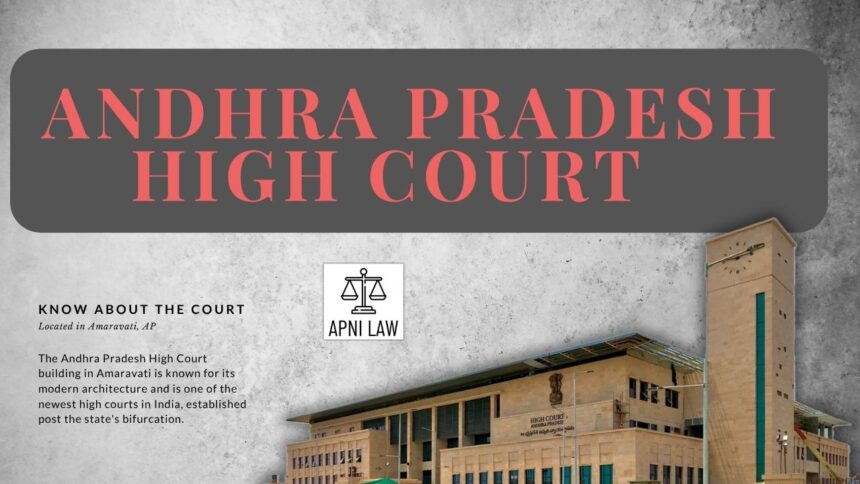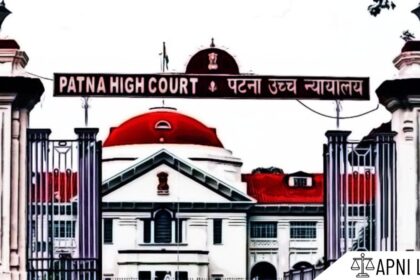Introduction and Case Facts
The Andhra Pradesh High Court recently upheld the compulsory retirement of a CISF constable who entered into a second marriage while his first marriage was still legally valid. The court ruled this act constituted grave misconduct under both the Central Civil Services (Conduct) Rules and the CISF Rules. The employee, posted at the SHAR Centre in Sriharikota, had married another woman, also a CISF constable, despite his first marriage still being subsisting. A departmental inquiry found him guilty of misconduct and imposed compulsory retirement in 2017. He challenged this through appeal and revision, but his internal remedies were rejected. He then filed a writ petition in the High Court, which a Single Judge allowed in 2024, declaring that compulsory retirement was too harsh a penalty and sending the case back for a lesser punishment.
What the Court Held
The Division Bench, consisting of Justice Battu Devanand and Justice A. Hari Haranadha Sarma, disagreed with the Single Judge. It emphasized that in a disciplined force like the CISF, strict adherence to rules is crucial because discipline is the backbone of the institution. The court found that entering into a second marriage while the first was still valid amounted to serious indiscipline. It cited Rule 21 of the Central Civil Services (Conduct) Rules and Rule 18(b) of the CISF Rules, both of which clearly prohibit a second marriage during the subsistence of the first.
The court rejected the employee’s argument that the second marriage was driven by personal and family pressure and was unrelated to his official duties. It referred to earlier judgments, including Head Constable Bazir Singh v. Union of India, where courts had held that a person who would have been disqualified from joining the force because of a subsisting first marriage cannot be allowed to contract a second marriage after joining. The reasoning is that what would bar a person from recruitment cannot be permitted once in service.
The court also drew on a Madras High Court decision (J. Bernard Philip Leo v. Assistant Director of Survey & Land Records) to support its view that a second marriage, while the first wife is alive, constitutes grave misconduct. Further, the court observed that the disciplinary authority had already factored in the employee’s service record and his family responsibilities before imposing the penalty. Because the imposed punishment was compulsory retirement rather than outright dismissal, the court found it proportionate and justified.
As a result, the Division Bench set aside the Single Judge’s order and reinstated the original penalty of compulsory retirement.
Implications
This judgment reinforces that members of disciplined forces must strictly follow conduct rules, especially regarding personal matters like marriage. The decision signals that even personal decisions made outside the workplace can amount to serious misconduct if they breach explicit rules governing service conditions. By upholding compulsory retirement, the High Court has sent a clear message: violations of conduct rules cannot be excused lightly, even if the misconduct arises out of private life.
Practically, this ruling serves as a stern warning to government servants in disciplined services: contracting a second marriage while the first remains valid is not just a private moral failing but a punishable offense under service regulations. The judgment underscores that such misconduct can trigger severe penalties, including compulsory retirement. It also illustrates that courts will uphold strict punishment to preserve discipline in paramilitary forces.
Overall, the Andhra Pradesh High Court’s decision strengthens the principle that conduct rules carry real consequences. It affirms that service rules are not a formality, they are binding obligations, and breaches can warrant serious disciplinary action.








